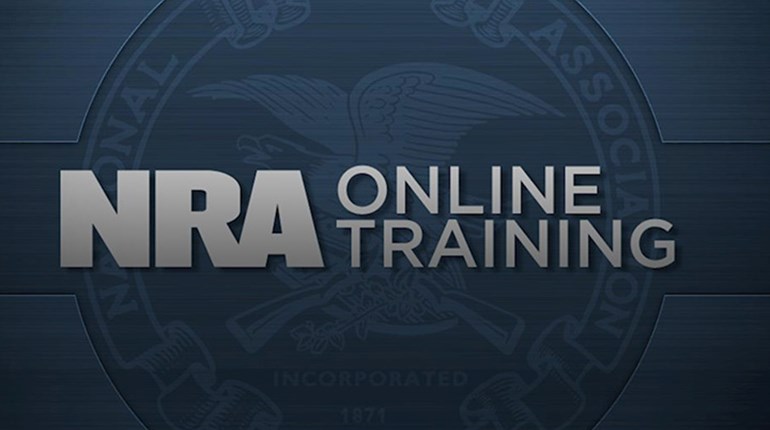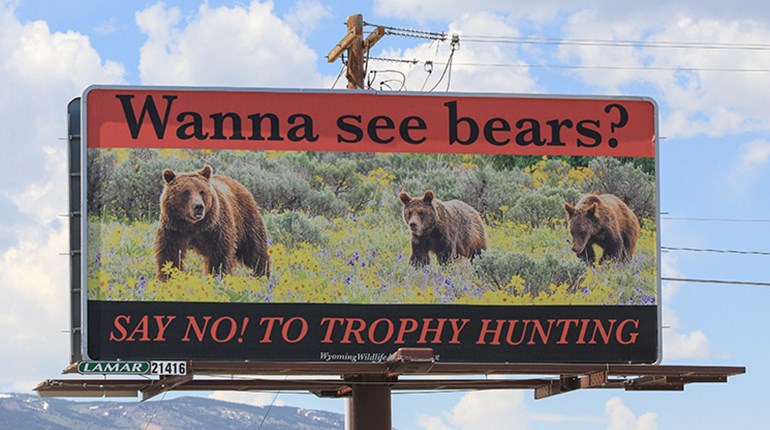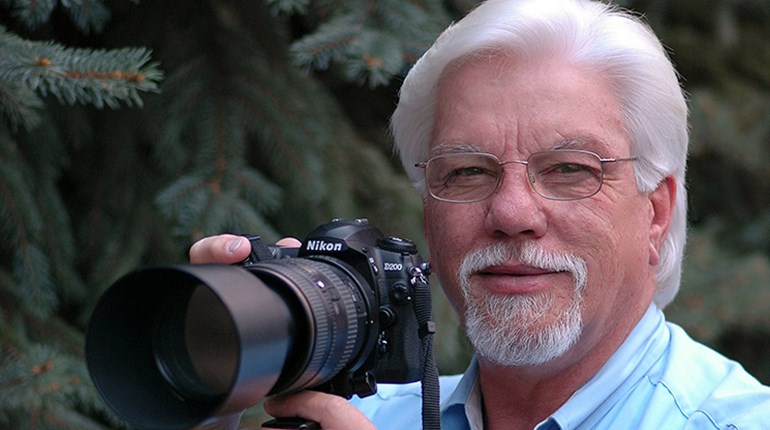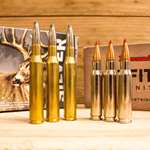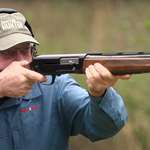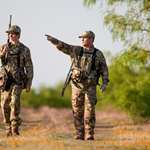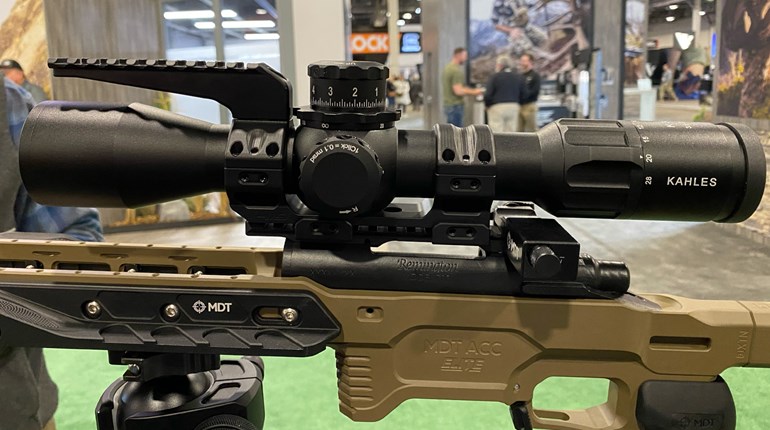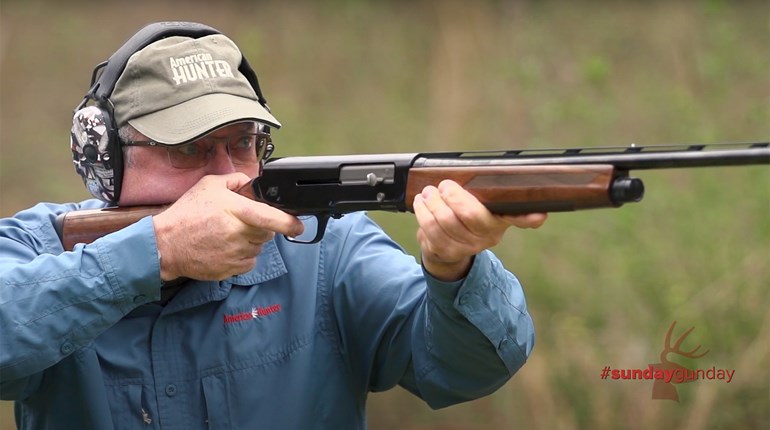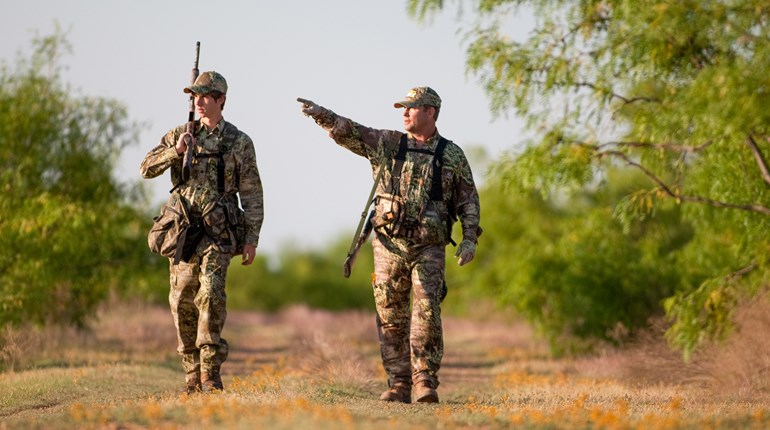 Susan Recce was graduated from the University of Delaware with a Bachelor of Science but her career path made an abrupt change when she moved to Washington, D.C., and landed the job of Legislative Director for then-U.S. Rep. Bob Mathias (R-Calif.), two-time Olympic Gold Medalist. When Mathias was defeated on the coattails of President Nixon's resignation, Susan had the very good fortune to join the NRA in its early years of legislative and grassroots development.
Susan Recce was graduated from the University of Delaware with a Bachelor of Science but her career path made an abrupt change when she moved to Washington, D.C., and landed the job of Legislative Director for then-U.S. Rep. Bob Mathias (R-Calif.), two-time Olympic Gold Medalist. When Mathias was defeated on the coattails of President Nixon's resignation, Susan had the very good fortune to join the NRA in its early years of legislative and grassroots development.
Susan began her career with the NRA as a federal lobbyist on the eve of the creation of ILA by the Board of Directors at the 1975 annual meetings. At that time, the Federal Affairs office had a fledging staff of four lobbyists. While the major challenges the NRA faced then, like today, came as assaults on our Second Amendment freedoms, NRA-ILA was very much involved in hunting issues. One of the biggest initiatives at the time was passage of the Alaska National Interest Lands Conservation Act (ANILCA), which provided varying degrees of special protection to more than 157 million acres of land in Alaska. NRA-ILA's mission was to ensure that much of the land transferred to the National Park Service would do so as national preserves, where hunting is traditionally allowed.
With the election of President Reagan, Susan was offered a political appointment to the Department of the Interior. There she served on the staff of the Assistant Secretary for Fish and Wildlife and Parks. That position oversees implementation of the administration's policies within the U.S. Fish and Wildlife Service and the National Park Service. Susan was promoted to Deputy Assistant Secretary and was fully involved in such crises as the Yellowstone fires of 1988, which together formed the largest wildfire in the recorded history of Yellowstone National Park, and the Exxon Valdez oil spill of 1989, considered to be one of the most devastating human-caused environmental disasters. Much of her focus, though, was on issues under the umbrella of such laws as the Endangered Species Act, the Clean Water Act and the Migratory Bird Treaty Act.
When George H.W. Bush was elected president, Susan was invited to stay with Interior, either in her current position or elsewhere. She chose to serve the new administration in the capacity of Deputy Director of External Affairs for the Bureau of Land Management (BLM). The agency administers more than 247 million acres of public lands, constituting one-eighth of the landmass of the country. Joining agency staff gave Susan "boots on the ground" experience working on issues that involved mining and mineral leasing, oil and gas extraction, grazing allotments, protection of archeological sites, and implementation of the troublesome Wild Horse and Burro Act.
With the end of the Bush administration and the incoming Clinton administration, Susan was invited back to the NRA as Director of Federal Affairs. A year later, she was asked to head up a newly created division within ILA named Conservation, Wildlife and Natural Resources; its focus would be on national hunting and wildlife conservation policies and issues. Susan played an instrumental role in elevating hunting as a priority public use of the National Wildlife Refuge System. This was accomplished through passage of the National Wildlife Refuge System Improvement Act of 1997. The act not only locked in the importance of hunting to the refuge system, which is comprised of more than 560 refuges, but it also ended the battle with animal extremists exerting increasing pressure to close refuges to hunting because they were "inviolate sanctuaries". Another legislative hallmark was the reform of the Pittman-Robertson Act, which was passed in 2000 as the Wildlife and Sport Fish Restoration Programs Improvement Act. Amendments included new funding to the states for improvements to shooting ranges. In addition to her own job responsibilities, Susan chairs the Public Lands Hunting, Fishing and Shooting Sports Roundtable, created by a memorandum of understanding signed by four federal agencies and 44 national organizations. The roundtable addresses access on federal lands for hunting and target shooting.
Currently, Susan's time is spent dealing with closures to target shooting on lands managed by the U.S. Forest Service and the BLM. She is an author of the Recreational Fishing and Hunting Heritage Opportunities Act (HR 1825), twice passed by the U.S. House and twice failed in the U.S. Senate as the result of election-year politics. The act is bundled with several other bills of high importance to the NRA, and will be a priority legislative initiative in the 114th Congress.













